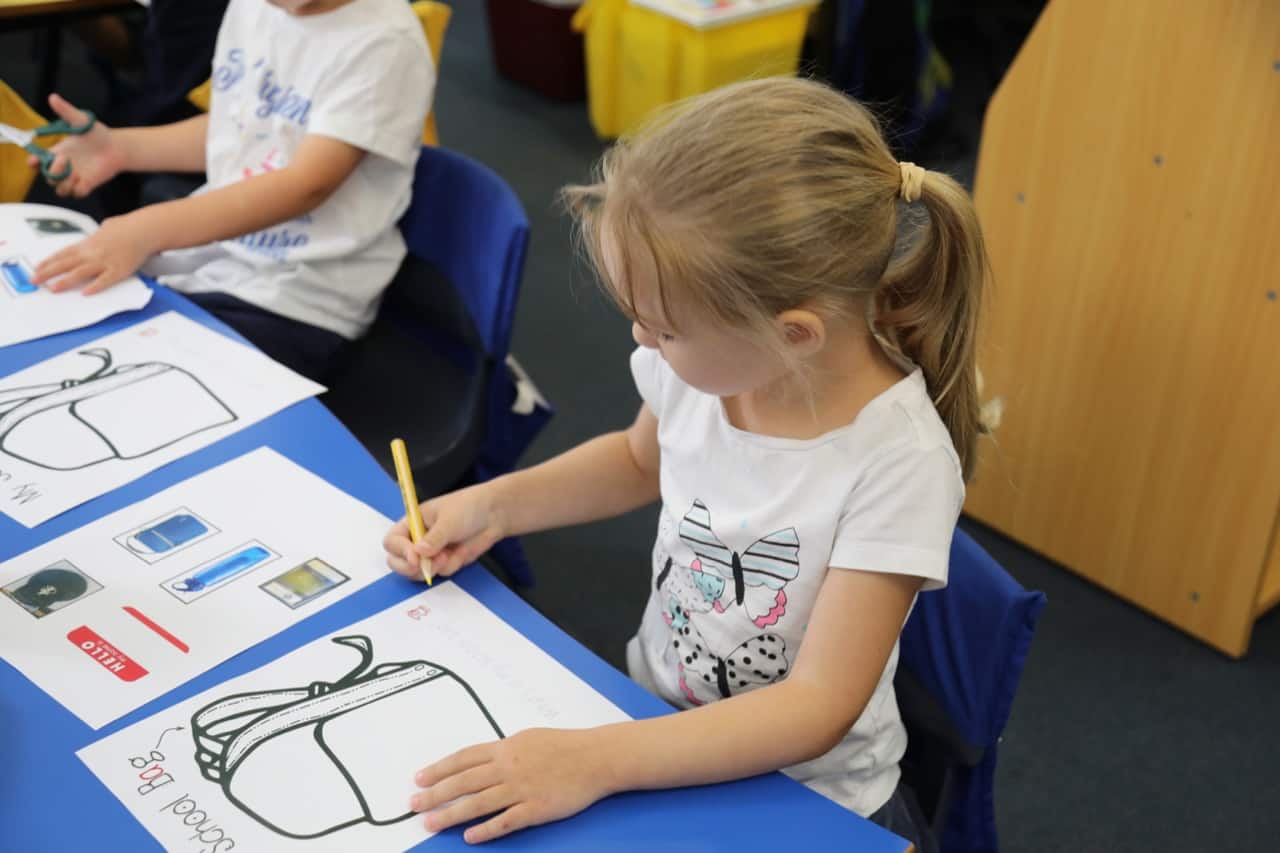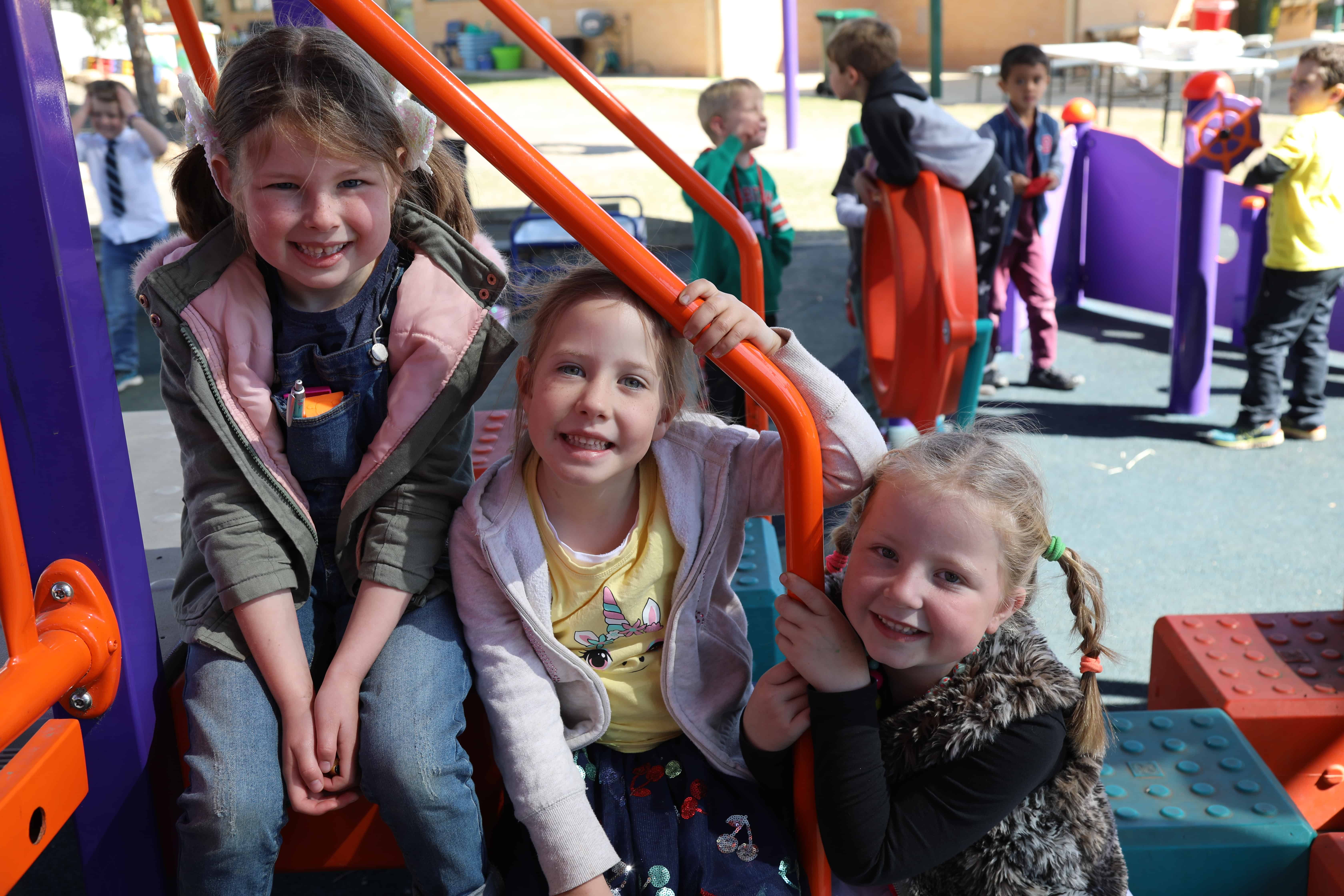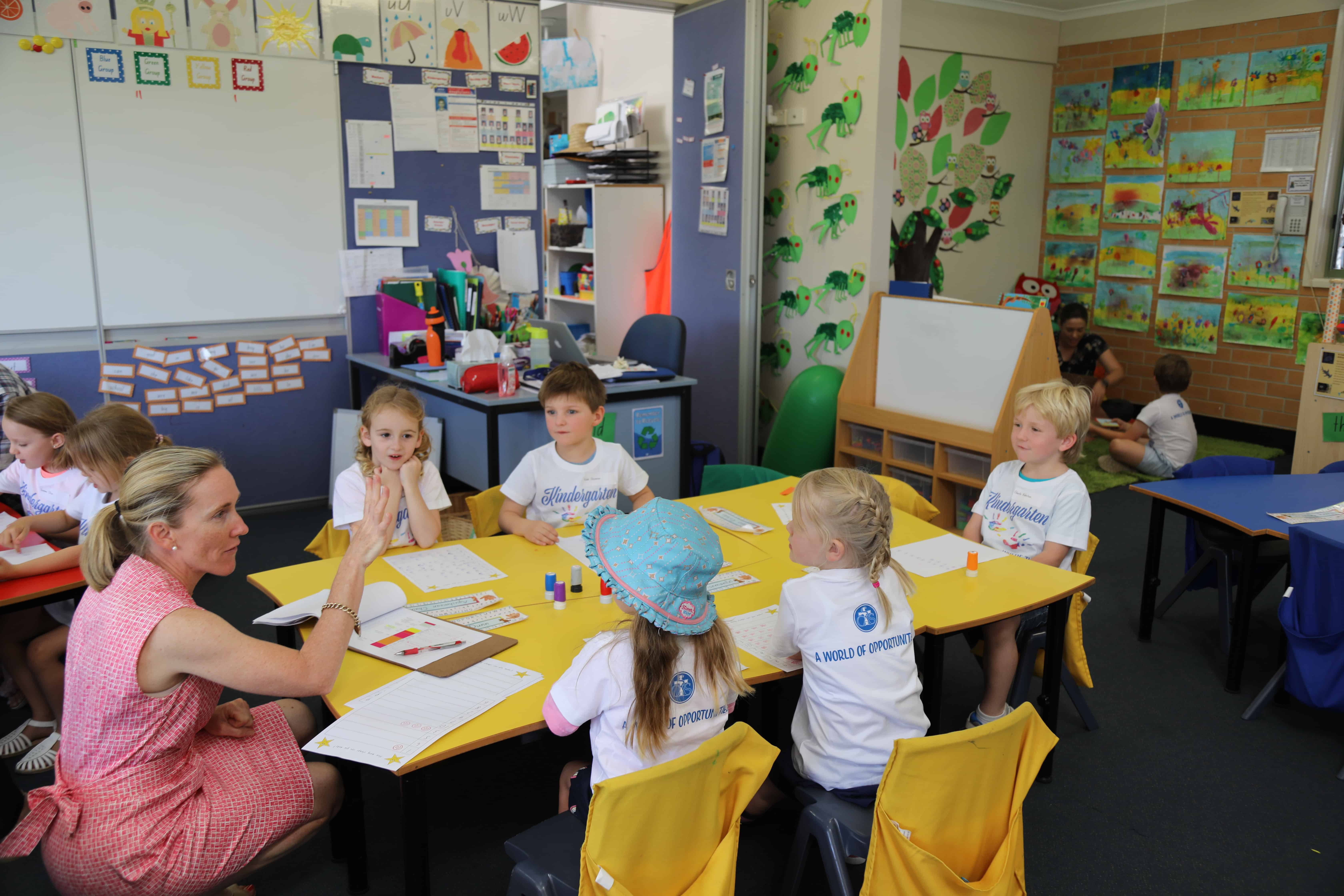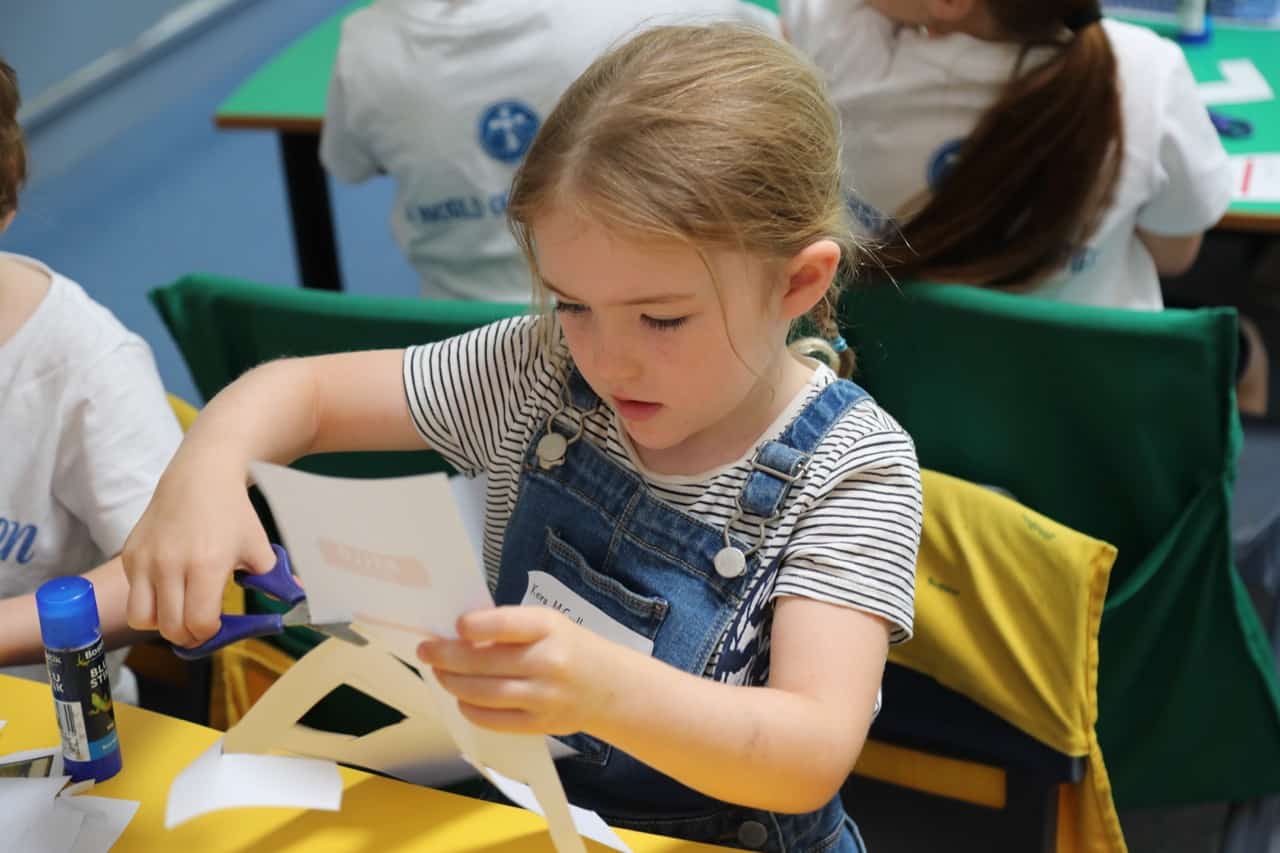Susanna Christie, Executive Director of Columba Cottage
School readiness is a measure of the knowledge, skills and behaviours that enable children to participate and succeed in school. It is not being able to read, write and do basic maths but is rather about the development of the whole child—their social and emotional skills, physical skills, communication skills and cognitive skills.
Children cannot thrive at school if they haven’t developed the skills to manage things like getting along with other children, following instructions, and communicating their needs. Children need to be able to care for themselves (do up buttons and zips, open and close their lunch box), manage their belongings and to be able to wait and take turns.
A transition to school program provides support to children and their families as they prepare for school. Transitions assist children to understand the new routines, practices and expectations of school and help them to feel more familiar and confident about the new environment.

Many schools will have an orientation program which helps children and families become familiar with the school. However, transition takes a broader focus—these are planned and evaluated collaboratively and include a set of planned experiences, information sessions and workshops for parents, and activities and experiences for the children. These are implemented in an effort to build reciprocal relationships between families and the staff and to assist all in understanding the new routines. They build on children’s prior knowledge to help them feel confident and secure.
At Columba Cottage we start our Transition to School program in Term 3 by exposing children to school environments and activities. We visit the school playgrounds and will do a “scavenger hunt” on school grounds during the school holidays. We visit the canteen and have a lunch order which we can eat at “big” school. Children attend shows in the Theatre and Chapel, and we also plan several visits to the School Library, a place which will become very important to Kindergarten children when they start school. We even visit the OSHC room to check out the space for Before School Care, After School Care and Vacation Care. Luckily, many of our educators work at both services so there’s always a familiar face!
At the Cottage we also work on developing those “school skills”—raising a hand before speaking, waiting our turn, working at a desk, opening our own lunch box, etc. During Term 4 we will be visited by representatives of several local schools so they can meet and observe the children who will be coming to them. As a large percentage of our children go to St Columba Anglican School, there are several visits between our educators and the teachers. Instead of being suddenly confronted, as so many other children are, with a world of bells, new adults, new rules, desks and strange things like “homework”, our children have been prepared to step happily into their new world.
For St Columba students, by the time 2020 rolls around and the school year begins they will already know a great deal about their new school and know that there is nothing to fear. The transition visits planned by the School encourage trusting relationships between children, families and the School.

Our children will have learnt all the important things like:
- Where the canteen and toilets are to be found.
- What their new classrooms look like.
- Where the library is and what they can do there.
- Who their teacher will be.
- And, of course, what the big new adventure playground looks like!
How can you as parents make the transition easier for your child?
- Attend all the orientation and transition sessions your school organises. These will be full of information, especially important if this is your first child to go to “big” school.
- If you know other children who will be attending the same school, perhaps you can set up some play dates so children will not arrive at school without knowing anyone else.
- Talk to your child and answer any questions they may have. Some children find this an emotional time although this could be because the parents are emotional. Try to focus on providing your child with a positive experience.
- Prepare for the first day—wear the school uniform a couple of times before school starts, encourage children to use their school backpack, and try to wear-in the school shoes.
- Ensure your child knows how they will be getting home every day. Bus, car, After School Care, Grandma? This will ease their concerns. If your child has a school diary, note any changes to the collection routine in the diary.
- Talk to your child’s teacher—if you have any questions or concerns, the class teacher is the best place to start. Again, the school diary is great for this.
- Finally, always check your child’s school bag when they get home. There may be notes, activities or even some important artwork they have made.
We send our graduates into this new adventure of “big” school hoping that the next phase of their education is in a place where:
- the students are always the focus of effort by adults,
- where near enough is not good enough, and
- where education looks to the future and is not shackled to a past that has no meaning for today.
An education that reflects the world that they have learnt to love at Columba Cottage.


